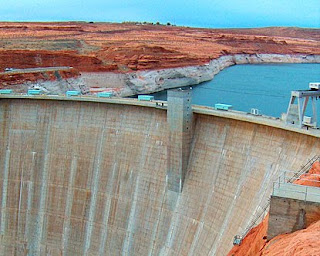One of my main tasks over the past 2 years has been listening to people. Lately, I get the impression that people are finally realizing that the "
Great Recession of 2008" is very different from the "Tech Bust of 2000", or even the "Post 9-11 Slowdown." People are worried. Where should they go next?
To answer that question, it is critical to understand what is happening. The economy is going through an accelerated structural transition from the service to the knowledge economy. We are witnessing the
end of the services economy. Even though the Great Recession of 2008 was responsible for accelerating the transformation, the true culprit was technology that made outsourcing and automation possible.
To continue to grow, organizations will have to continue to reduce cost by focusing on core competencies and automation. Before long, organizations will only employ human capital that represents their core knowlege. At that time, organizations will have completed the transition to the knowledge economy.
The reason you need to know about the end of the services economy is because to maintain your current life style, you need to become not only a knowledge holder but a
knowledge developer.
You need to be part of those responsible to adapt your organization to change and innovation. You need to stop applying the knowledge created by others. You need to create new ideas that others (earning significantly less than you), or machines will execute.
P.S. - If you don't believe this will impact you, I think you should read this
2007 article from the Economic Research Federal Reserve Bank of San Francisco.

















